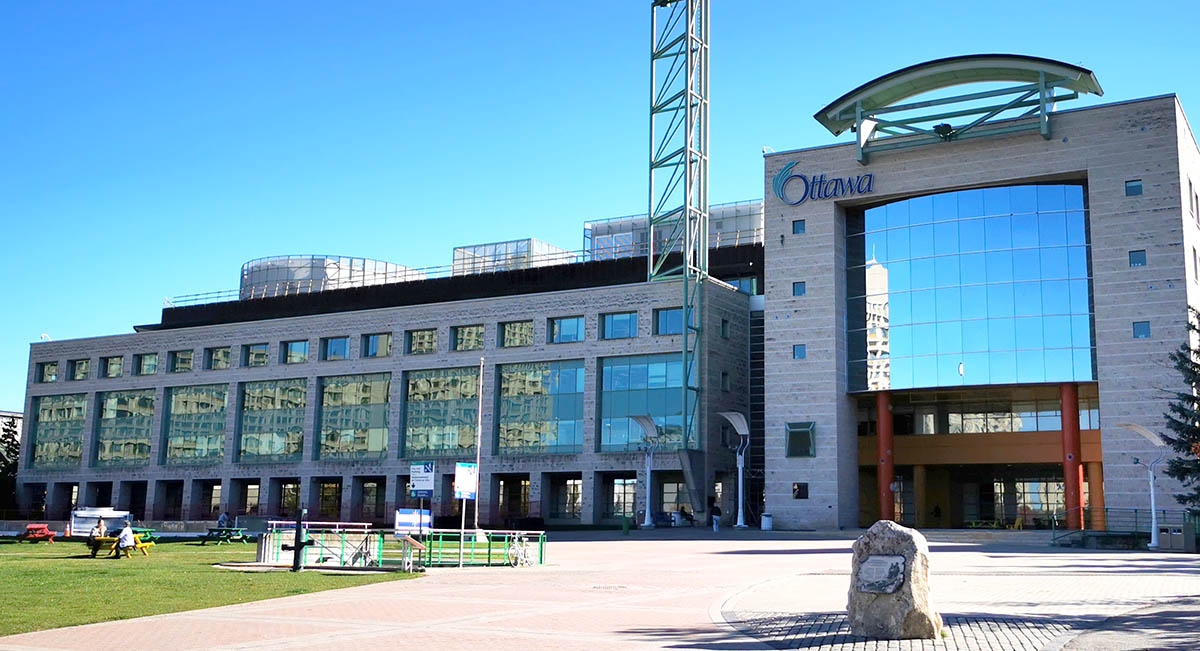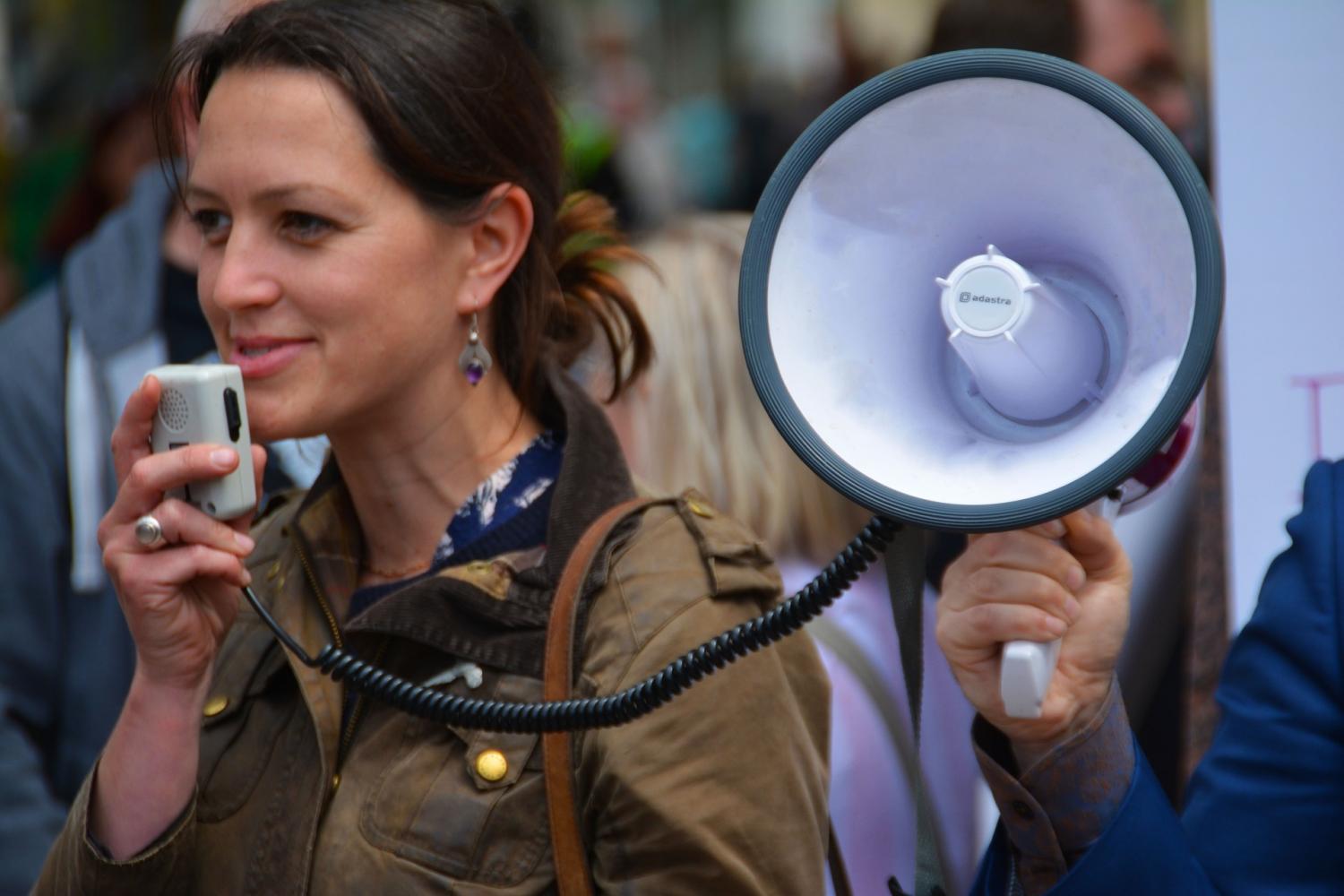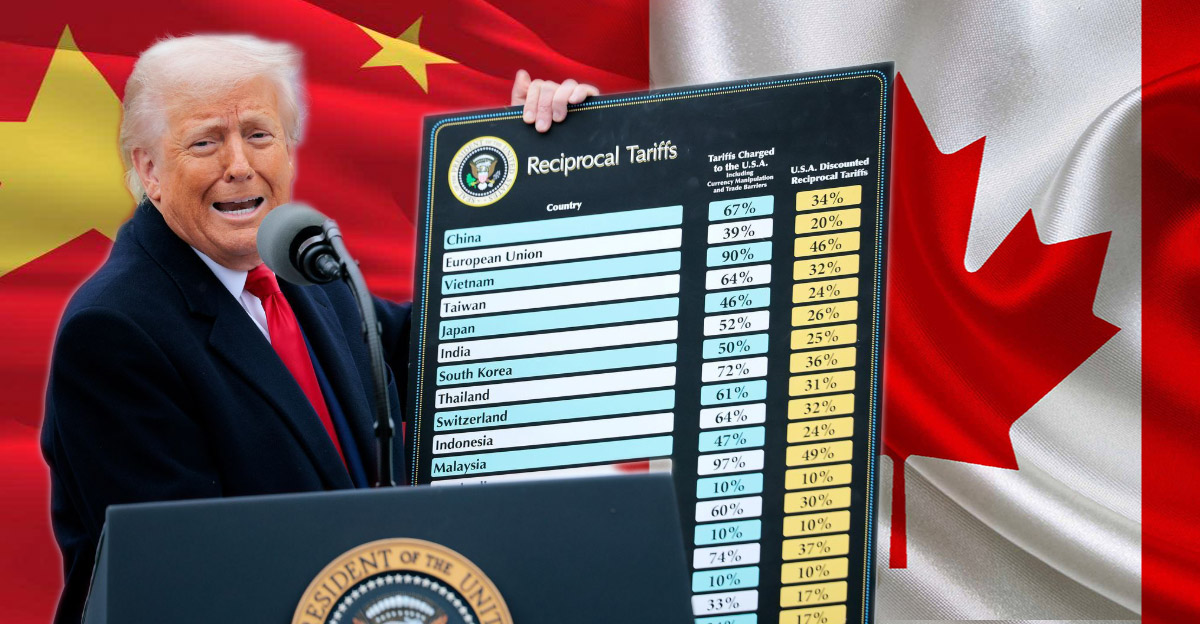
City Council and Mayor Support Motion to Revamp Vacant Unit Tax
Marking the end of summer break, Ottawa City Council met for its first meeting since July 12, 2023. Despite experiencing an event-filled summer of record-breaking rainfalls, rising crime in several wards, and a month-long disruption in LRT service, to name a few, today’s Council meeting dealt with mundane issues.
Zoning by-law amendments were discussed for the proposed high-rise tower development at 1081 Carling Avenue. Although the Housing Committee already voted on the development, they did not notify the federal government stakeholders, Agriculture and Agri-Food Canada, which owns the Central Experimental Farm across the street, and the Central Experimental National Historic Site, which the development may impact. As a result, the proposal was sent back to the committee.
After Council exited an in-camera session, which lasted well over an hour and thirty minutes, they announced the hiring of a permanent city manager. The Mayor had the power to hire the city’s top civil servant, but he passed the decision to Council Committee. The committee decided to delete the word interim from Wendy Stephenson’s title and make her the permanent City Manager, which Council ratified.
The Vacant Unit Tax (VUT) was reviewed with a proposal to expand the period between vacant unit declarations and an amendment allowing newly built units listed but not sold to be excluded from the tax. The motion brought forward by Councillor Gower directly opposed Councillor Laura Dudas’s motion to scrap the tax.
Tax advocates, including Councillor Ariel Troster, decried suspending the yearly declaration, saying that the VUT was one of the few ways the city could raise funds for affordable housing. The Summerset Ward Councillor said she would favour a municipal levy for affordable housing.
Troster stated that tax is a relatively small penalty to incentivize landowners and property owners to house people in empty buildings; that is, “what we need in our city.” Councillor Theresa Kavanaugh spoke in support of Troster’s position and against Dudas’s motion. Kavanaugh pointed out that the VUT program costs $2.5 million and brings in $13 million, leaving the city with $10.5 million for affordable housing, which she described as “much needed.”
Councillor George Darouze spoke against the VUT program. As a rural representative, he said there are significant issues with the logic, including the city not thinking of vacant units like older farm homes, which may technically be considered vacant and situated on owned property under the law but are not livable without huge renovation. There are homes with heritage designations on rural land. Taxing these homes is essentially levying an unfair tax on rural residents.
Councillor Riley Brockington spoke out against the tax, saying that it oversteps the bounds of reasonable government. In a slippery slope analogy, Brockington asked if he should be taxed for not using all bedrooms in his four-room home. Gower’s motion passed with the mayor’s support, while Dudas’s motion failed.
After a summer of issues that have been more or less ignored, Council spent most of its time today off-screen or debating a tax that targets property owners. Ottawa City Council appears poised to fall back into the Watsonian pit trap of not doing anything about major issues while nitpicking over how to make life more difficult for citizens.
If you don’t stand for something, you’ll fall for anything — Council appears to be on the wrong side of this motto.








